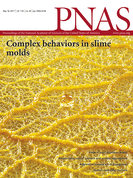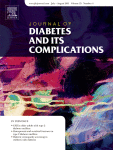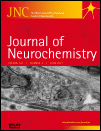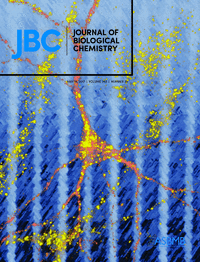
Neuroscientist Stanley Rapoport just can’t catch a break.
Rapoport, who’s based at National Institute on Aging, is continuing to experience fallout from his research collaborations, after multiple co-authors have been found to have committed misconduct.
Most recently, Rapoport has had four papers retracted in three journals, citing falsified data in a range of figures. Although the notices do not specify how the data falsification occurred, Jagadeesh Rao, who was recently found guilty of research misconduct, is corresponding author on all four papers.
Back in December, Rapoport told us that a “number of retractions [for] Rao are still in the works:” Continue reading NIH neuroscientist up to 16 retractions

 A gastroenterology and hepatology journal has retracted a 2017 review after discovering it included data “accessible only during peer review for another journal.”
A gastroenterology and hepatology journal has retracted a 2017 review after discovering it included data “accessible only during peer review for another journal.” Mistakes happen. Including, sometimes, putting articles that should be freely available
Mistakes happen. Including, sometimes, putting articles that should be freely available 
 A neurochemistry journal has retracted a paper from a group in China over a duplicated image.
A neurochemistry journal has retracted a paper from a group in China over a duplicated image. On April 27, the Journal of Biological Chemistry (JBC) retracted nine papers by a researcher based in Israel, including some dating back to 2000.
On April 27, the Journal of Biological Chemistry (JBC) retracted nine papers by a researcher based in Israel, including some dating back to 2000. The authors of a popular — and heavily debated — F1000Research paper proposing a method to prevent scientific misconduct have decided to retract it.
The authors of a popular — and heavily debated — F1000Research paper proposing a method to prevent scientific misconduct have decided to retract it.